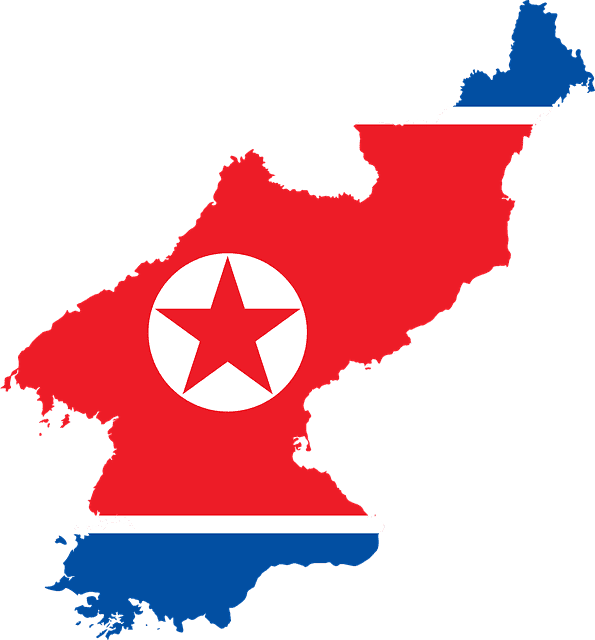 Only a few days after a meeting between North Korean and U.S. leaders, North Korea has attacked the United States as being “hell-bent on hostile acts” and “obsessed with sanctions.” The tone taken by North Korea, according to the BBC, was an angry one, despite recent inroads in planning for new negotiations related to the nuclear deal between the two countries. In its statements, Pyongyang added that the U.S. has embraced sanctions as a “panacea for all problems.”
Only a few days after a meeting between North Korean and U.S. leaders, North Korea has attacked the United States as being “hell-bent on hostile acts” and “obsessed with sanctions.” The tone taken by North Korea, according to the BBC, was an angry one, despite recent inroads in planning for new negotiations related to the nuclear deal between the two countries. In its statements, Pyongyang added that the U.S. has embraced sanctions as a “panacea for all problems.”
Though the statements may be inflammatory and could potentially set back the upcoming negotiations between the countries, Pyongyang’s assertion wasn’t purely accusatory, it was also based in fact. Since taking office two years ago, President Trump has renewed sanctions against Iran, Cuba, and Russia, and has threatened additional sanctions against other countries whose actions he finds unsavory.
Are unilateral sanctions as effective as bilateral negotiations? Pyongyang would argue that they’re not, but it’s important to remember that negotiating with North Korea on nuclear issues has never been easy, and isn’t likely to get easier in the future. North Korea has long been committed to achieving economic gains and has been elusive about commitments to curb its nuclear program. So could it be that for once, Trump’s threats are actually justified?
On Thursday, CNBC announced that Russian leader Vladimir Putin signaled a renewed willingness to open negotiations about arms control with the U.S. Could it be that this renewed interest was a result of fear of sanctions or other economic pressures? The Trump administration announced last October that it was prepared to withdraw from the prior treaty, and it withdrew officially in February. Now, the two countries are left to rebuild their agreement and to find a new path to security. Hopefully additional sanctions won’t be required.
